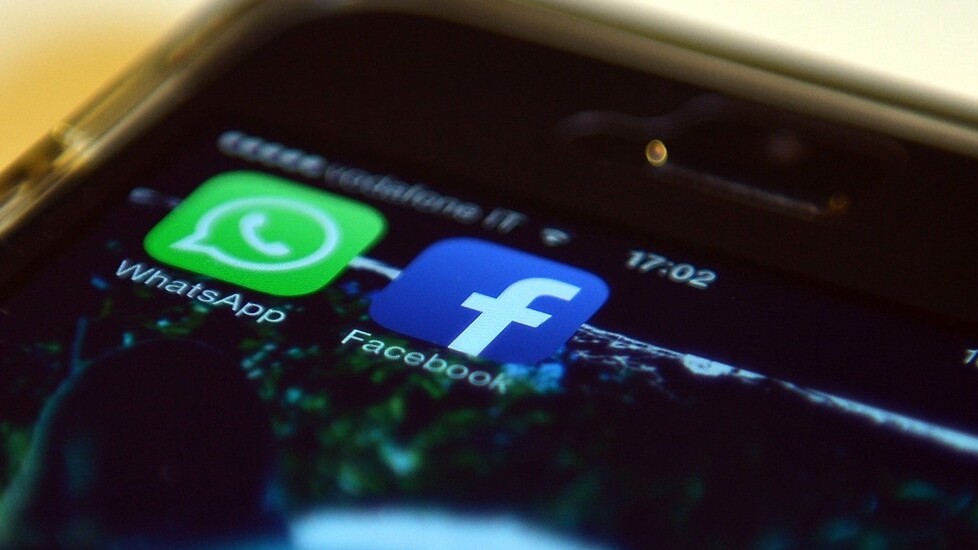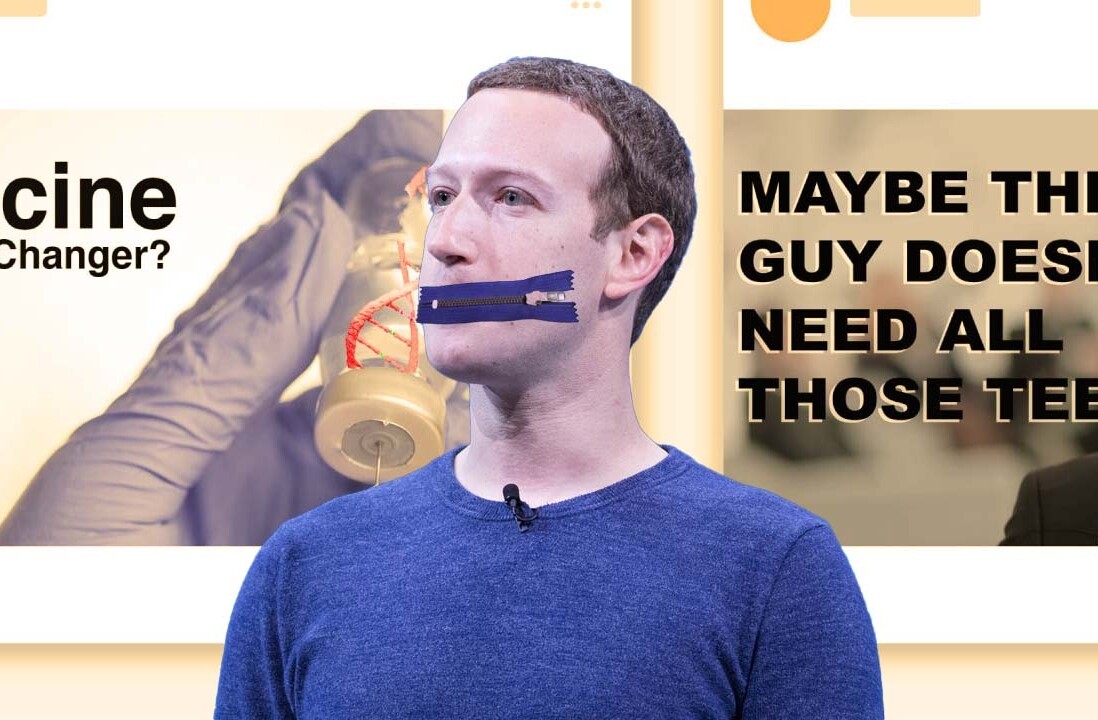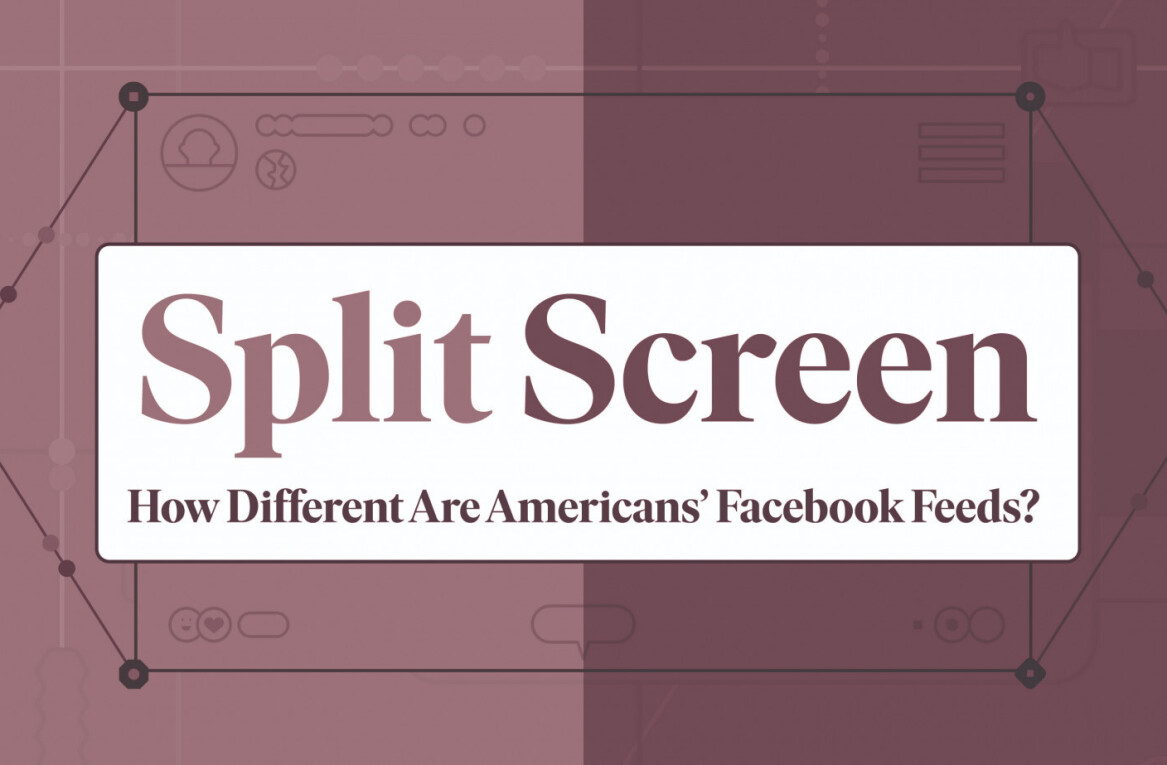
Facebook is doubling down on its own messaging app after revealing plans to remove the messaging feature from its regular mobile apps, and force users to download Messenger if they want to chat directly with friends.
This development comes less than two months after Facebook agreed to a $19 billion deal to buy WhatsApp, a messaging app that of course competes with Facebook Messenger.
The traditional dynamics of tech acquisitions might suggest that WhatsApp and Messenger would be merged/integrated, but we already know that Facebook has pledged to keep WhatsApp independent.
In which case, the move to push more Facebook users to Messenger — and thus strengthening it against WhatsApp and others — might seem at odds with buying WhatsApp, but I think this is a clear sign of Facebook’s messaging strategy: offering two very different experiences.
WhatsApp, the simple SMS replacement
WhatsApp is not a groundbreaking app in terms of the features that it offers. It enables free text chats, group chats, voice messages and sharing of photos and videos — all of which (and more) can be found in Messenger, and other apps like Line, WeChat, Kik and Tango.
What is unique about WhatsApp is its simplicity, both in terms of design and functionality. Its similarity to SMS makes it appealing to less tech-savvy users. For example, it is the only messaging app that has stuck with my parents — trust me, I’ve tried many others with them.

In a world in which games, stickers, marketing channels, sponsored content and other non-SMS-like features can be found in messaging apps, WhatsApp stands unique. Its founders have pledged to keep it that way — “no games, no ads, no gimmicks'” is their mantra — and, though it will bring free voice calling to its near-500 million users in the coming month or so, we shouldn’t expect its core features to change.
One area where we can expect Facebook’s influence to impact WhatsApp is distribution.
WhatsApp is likely to be an integral part of Zuckerberg’s Internet.org organization, the project to increase global access to the Internet and information.
It seems likely that, aside from the additional exposure now that it is a part of Facebook, the Internet.org initiative will position WhatsApp as a core communications tool, using industry relationships to get it pre-installed on more handsets and made available via all-you-can-eat pricing deals with more carriers — two important factors for gaining adoption in emerging markets.
Essentially, WhatsApp is the no frills messaging experience for those that want simplicity, or — in the case of emerging markets — owners of low-end devices.
Facebook Messenger, the content-led experience
With WhatsApp covering the basics, Facebook is able to be more experimental with Messenger to compete against content-focused rivals. (Although for now Messenger is marketed as a text message replacement.)
Gaming was a key facet that helped Facebook establish itself worldwide and grow its phenomenal user base, which now counts more than 1 billion active users each month. Yet, despite that desktop legacy, it is still to attack mobile social gaming — Messenger can be its tool for that.
Early efforts at mobile social gaming have come from Asia, where the first wave of Web-based gaming companies from Japan — like Mobage and DeNA — have been superseded by younger messaging outfits like Line (400 million registered users), WeChat (355 million active users) and Kakao Talk (140 million registered users).
- Line (Japan): 60 percent of its $338 million Q4 revenues came from games
- WeChat (China): racked up 570 million game downloads in China alone in three months
- Kakao Talk (Korea): saw a $58 million profit last year, as gaming spurred its revenue to increase four-fold to $204 million
Outside of Asia, Tango and Kik are the first to bring social gaming to messaging apps that are popular in the US, but it remains unclear whether there is mainstream demand for social gaming via messaging apps. Facebook appears to be positioning Messenger so that it can adopt games and other content-based features as and when the company deems the time to be right.
As for what those features might be, Asia is again a key region to observe.
QR code-based payments are taking off in China with WeChat, which is using its (Paypal-like) Tenpay business to handle transactions via the app. Although the Chinese government recently clamped down on mobile-based payments, which has raised question marks.
Opt-in marketing on messaging apps is becoming a huge distribution channel for brands. Line and WeChat are using their messaging apps to enable users to connect with brands (if they choose to) to get the latest offers, updates and general news — and its something that should worry Twitter and Facebook.
Line and WeChat — yes, those two again — are testing flash sales, using their messaging apps to distribute information and draw users in though push notifications to their device. There are also other initiatives — such as news services in Korea and Japan, a kids-focused video streaming service — which are focused around making messaging apps the centerpiece of the mobile experience.
These models are still are still at various adoption levels across Asia, and some of them may never make it over to Europe and the US, but Facebook needs to be in a position where it can react and offer services if it sees a need and value for them. Likewise, a more sophisticated messaging app gives it a better shot at winning market share in Asia, where WhatsApp’s simplicity has seen it lose dominant positions in a couple of markets.
Related: Lessons for Facebook: How WhatsApp went from red-hot to passé in Southeast Asia
Headline image via GABRIEL BOUYS/AFP/Getty Images
Get the TNW newsletter
Get the most important tech news in your inbox each week.







